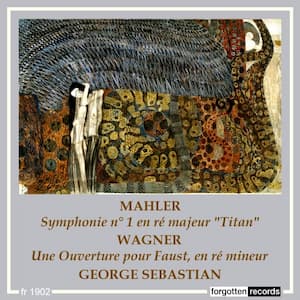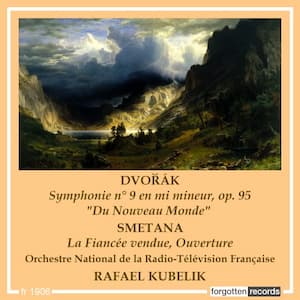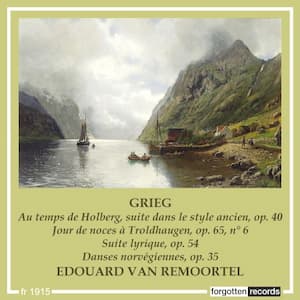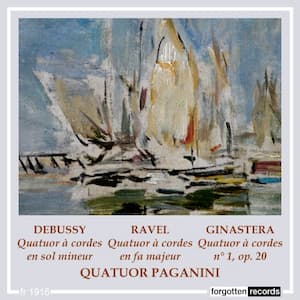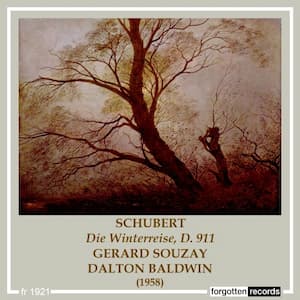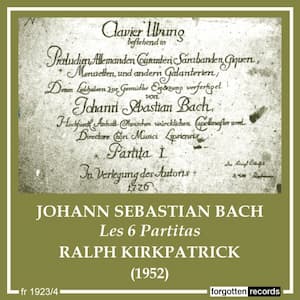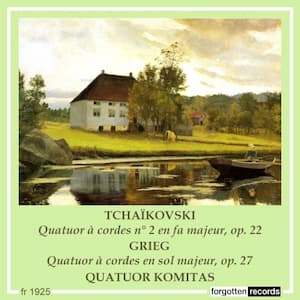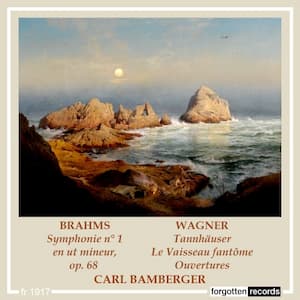We associate Richard Wagner with the four great operas of his Ring Cycle, but we should also look at his earlier works to see where his musical sources were. One interesting work is the Faust Overture he wrote while in
Forgotten records
The Czech composer Bedřich Smetana (1824-1884) wrote his comic opera The Bartered Bride between 1863 to 1866 about the hard path true love takes to thwart ambitious parents and a marriage broker. Mařenka is to be married to the son
Returning to Norway after a musical education at the Leipzig Conservatory starting at age 15, Edvard Grieg (1843-1907) took the piano education he had under Ignaz Moscheles and turned it into a successful career. He disliked the discipline of his
Claude Debussy (1862-1918), better known for his piano and orchestral works, was also a master of the string quartet. He wrote his first one in 1893 and planned a second one to go into a series of six chamber works.
The song cycle enabled a composer to look at a subject from a variety of points of view. In the two song cycles by Franz Schubert (1797-1828), the first, Die schöne Müllerin (The Beautiful Miller’s Daughter), setting the poetry of
Between 1725 and 1731, Johann Sebastian Bach (1685-1750) wrote the last of his keyboard suites. His earlier suites, the six English Suites, BWV 806-811, the six French Suites, BWV 812-817, and the Overture in the French style, BWV 831, culminated
We credit Haydn for codifying it, Mozart for extending it, and Beethoven for bringing it to its highest level. We look to Norwegian composer Edvard Grieg (1843-1907), however, to take Beethoven’s ideas and move them forward yet again. We generally
The sea was Richard Wagner’s inspiration for his 1843 opera Der fliegende Hollander (The Flying Dutchman). In July to August 1839, Wagner travelled from Riga to London, crossing the Baltic Sea and the North Sea on what proved to be

